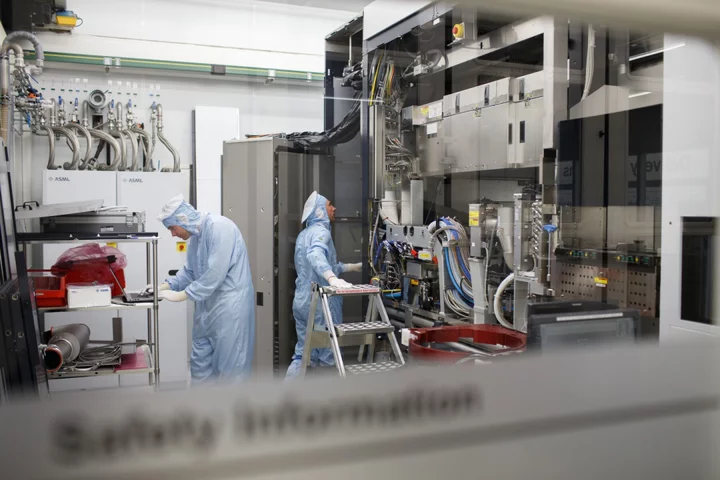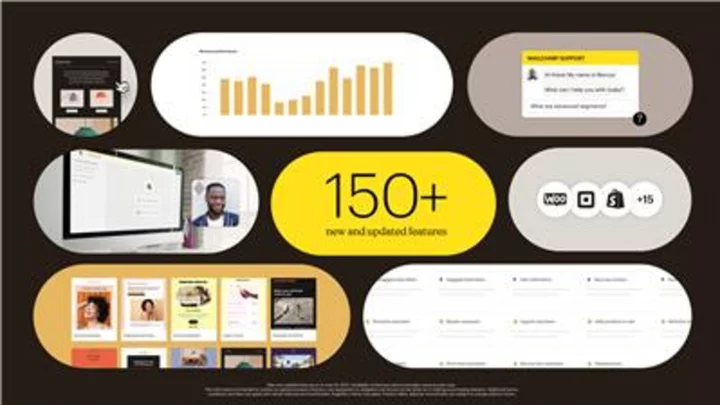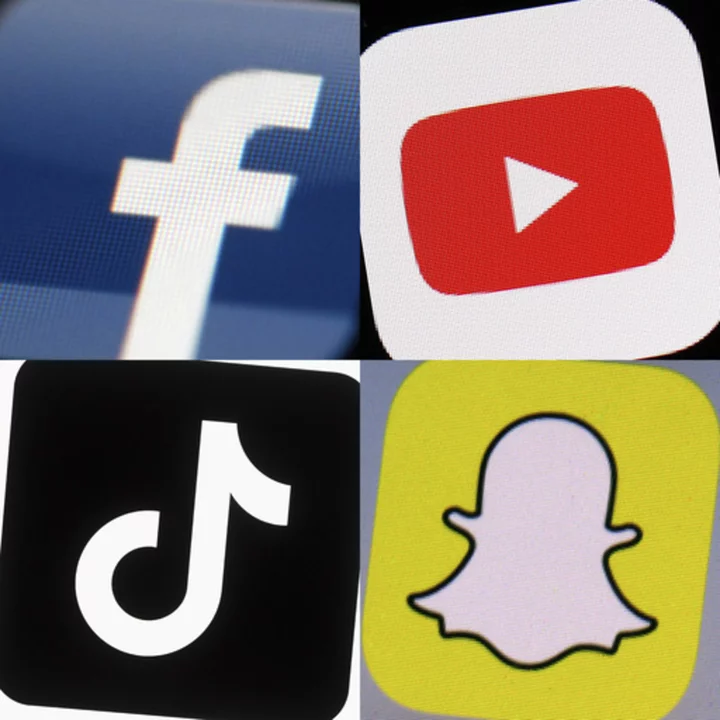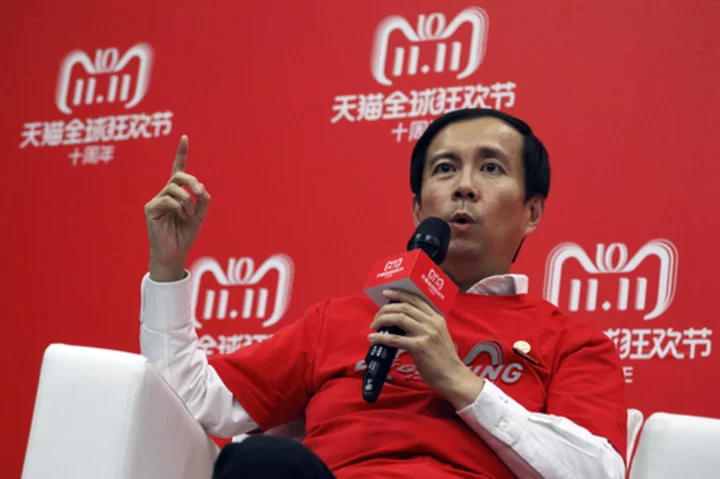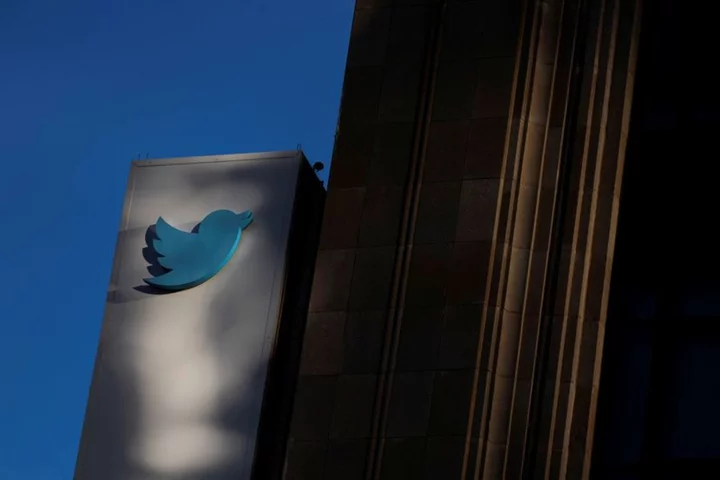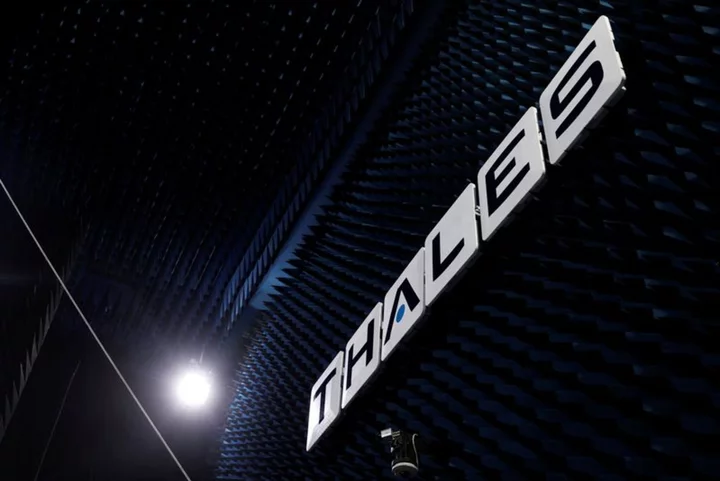The Netherlands published new export controls that will restrict more of ASML Holding NV’s chipmaking machines from being sent to China.
The new regulation will force ASML to apply for licenses to ship some advanced deep ultraviolet lithography, or DUV, systems. The measures, which were published in the Dutch official gazette on Friday, will come into effect on Sept. 1, the government said in an emailed statement.
Although the measures don’t specifically mention China or ASML, they are designed to restrict the shipments of three models of the company’s machines to the Asian country, Bloomberg News previously reported. ASML is one of the most important parts of the semiconductor supply chain, with a near-monopoly on the machines that chipmakers need to produce the most advanced chips.
Read More: ASML to Face New Export Restrictions to China as Soon as June 30
ASML, Europe’s most valuable tech company, said “we do not expect these measures to have a material impact on our financial outlook” for 2023 or in the longer term, the company said in a statement on Friday. The company vowed to comply with all export regulations introduced by the Dutch, US and EU authorities.
“It is important to consider that the additional Dutch export controls only pertain to the TWINSCAN NXT:2000i and subsequent immersion systems,” ASML said.
ASML’s shares fell 1.7% to €657 at 2:13 p.m. in Amsterdam on Friday after dropping as much as 3.8% earlier. The stock has gained more than 30% so far this year.
The restrictions are expected to prevent shipments of the TWINSCAN NXT:2000i, the NXT:2050i and the NXT:2100i, which are all immersion DUV models, Bloomberg previously reported. ASML is already prohibited from selling its most cutting-edge technology, so-called extreme ultraviolet lithography, to Chinese companies.
“We have taken this step in the interest of our national security. It is good that the companies concerned now know where they stand. This way they can adapt to the new regulations in time,” Dutch Foreign Trade Minister Liesje Schreinemacher said in the government’s statement.
US Pressure
US President Joe Biden’s administration has been pressing the Netherlands and other nations to help stop China from further developing its own chip industry, making advances in technologies such as artificial intelligence and quantum computing and strengthening its military capabilities. The US rolled out its own extensive export curbs, restricting the sale of some advanced semiconductors and chip-making technologies to Chinese companies.
In January, Dutch and Japanese officials agreed in principle to join the US campaign. Together, the three countries are the world’s top sources of machinery and have the expertise needed to make the world’s most advanced semiconductors.
A spokesperson for the Chinese embassy in the Netherlands slammed the new Dutch move, calling it “an abuse of an abuse of export control measures.” The new limits hurt the reputation of the Netherlands in supporting free trade, the spokesperson said, adding that China calls on the Western country to “immediately correct its wrongdoings.”
The measures, however, fall short of those the Biden administration took last year to limit exports of US-made machinery and knowhow to Chinese chipmakers.
Dutch Prime Minister Mark Rutte’s government is facing increasing pressure from Washington to help forge a global blockade to stifle Beijing’s rise in the chip-making space. But his country’s most valuable company is ASML, and China is one of its biggest customers.
In the meantime, the US plans to force ASML to ship fewer of its DUV machines to about six chip plants in China including one operated by Semiconductor Manufacturing International Corp., Reuters reported Thursday, citing a person familiar with the matter.
Washington has some leverage over the Netherlands as ASML uses US-made components. Last year, US officials said that if allies don’t comply with the new export-control measures, they could ban sales of foreign equipment that contain even small amounts of US technologies to China.
“The Netherlands bears extra responsibility in this regard because our country has a unique and leading position in this technology,” Schreinemacher said. “This additional step, like the export control policy, is country neutral.”
(Updates with Chinese statement in eleventh paragraph)

